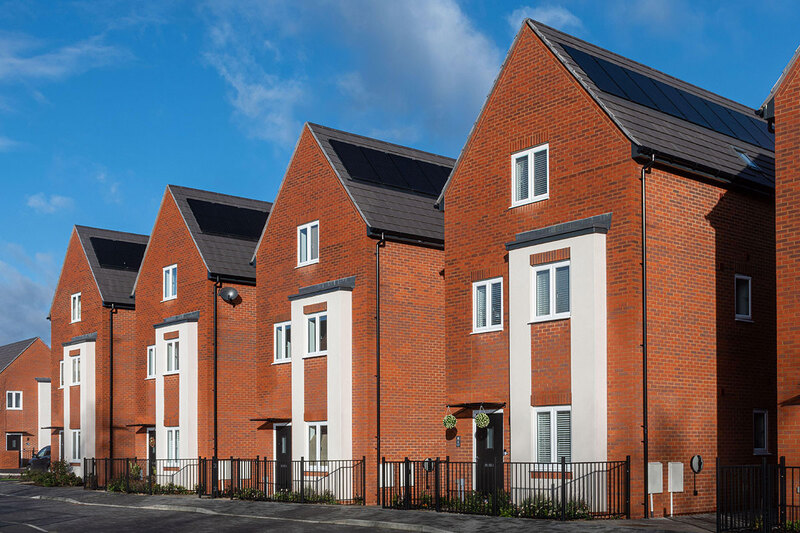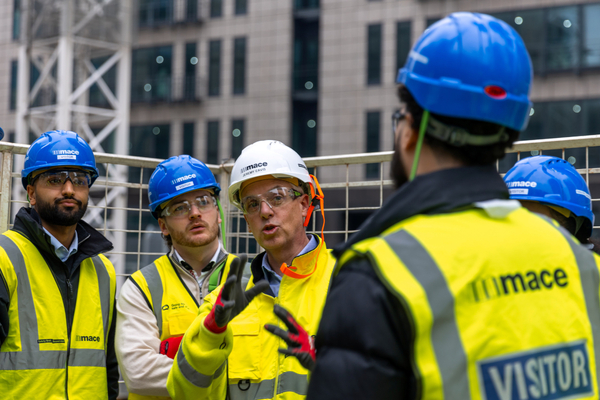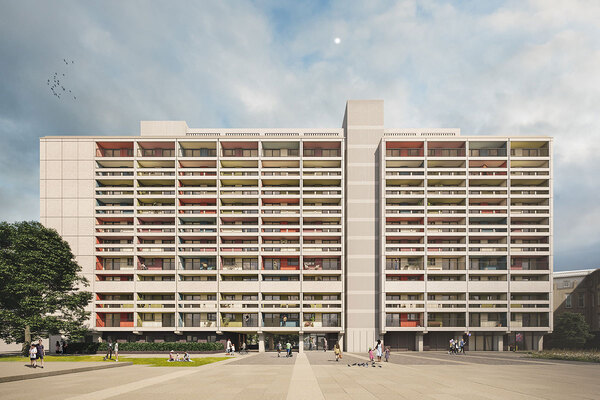WHG sets 2050 net-zero goal after £55.5m investment in energy-efficiency improvements
Social landlord WHG has set a target to reach net zero by 2050 after outlining a £55.5m investment in energy-efficiency improvements and modernisation measures.

The 22,000-home housing association revealed its target alongside the multimillion-pound improvements in its 2024-25 sustainability report.
Another aim is for all its existing properties to achieve a minimum Energy Performance Certificate (EPC) rating of Band C by 2030, with all new homes meeting a rating of B or above.
Around 45% of this spending has focused on the building fabric and heating systems of properties.
Since 2023, 85% of the landlord’s new properties have received an EPC rating of B or above, and 85% of completions planned over the next three years will receive an EPC rating of B or above.
A total of 55% of WHG’s new constructions over the past three years have been brownfield projects. It completed more than 450 new homes in 2024-25 and plans to complete 1,597 new homes in the next five years.
Investments include £2.1m into the £8m Dudley Fields project in Walsall, a development that is set to become one of the UK’s first net-zero neighbourhoods.
A total of 85 homes on the Dudley Fields estate need retrofitting. This will include external wall insulation, solar panels and air-source heat pumps.
The scheme will also create 52 jobs, 25 apprenticeships and 43 training placements, as well as a new energy hub in the community, offering retrofit advice and demonstrating the benefits of this efficiency work.
Rob Gilham, corporate director of strategy, assets and transformation at WHG, said: “These achievements are a real cause for celebration, but we know there is still so much more to do.
“Sustainability is not a side project, it’s part of everything we do at WHG. While we are proud of the progress we’ve made, we are committed to going further and faster to deliver positive change for our customers, our communities and the planet.”
The landlord has also achieved the Ritterwald Certified Sustainable Housing Label for the third time. The label is a tool to match providers with investors looking to make sustainable funding decisions.
At the same time, 15% of its employees are now carbon literate and accredited by the Carbon Literacy Trust charity.
Much of the sector is looking for ways to finance their energy-efficient improvements. Last month, Bromford Flagship issued its first £300m sustainable bond after strong investor demand.
However, a survey in July found that sustainability-linked loans do not always give housing associations cost benefits that are “proportionate” to the work required to monitor and report against targets.


